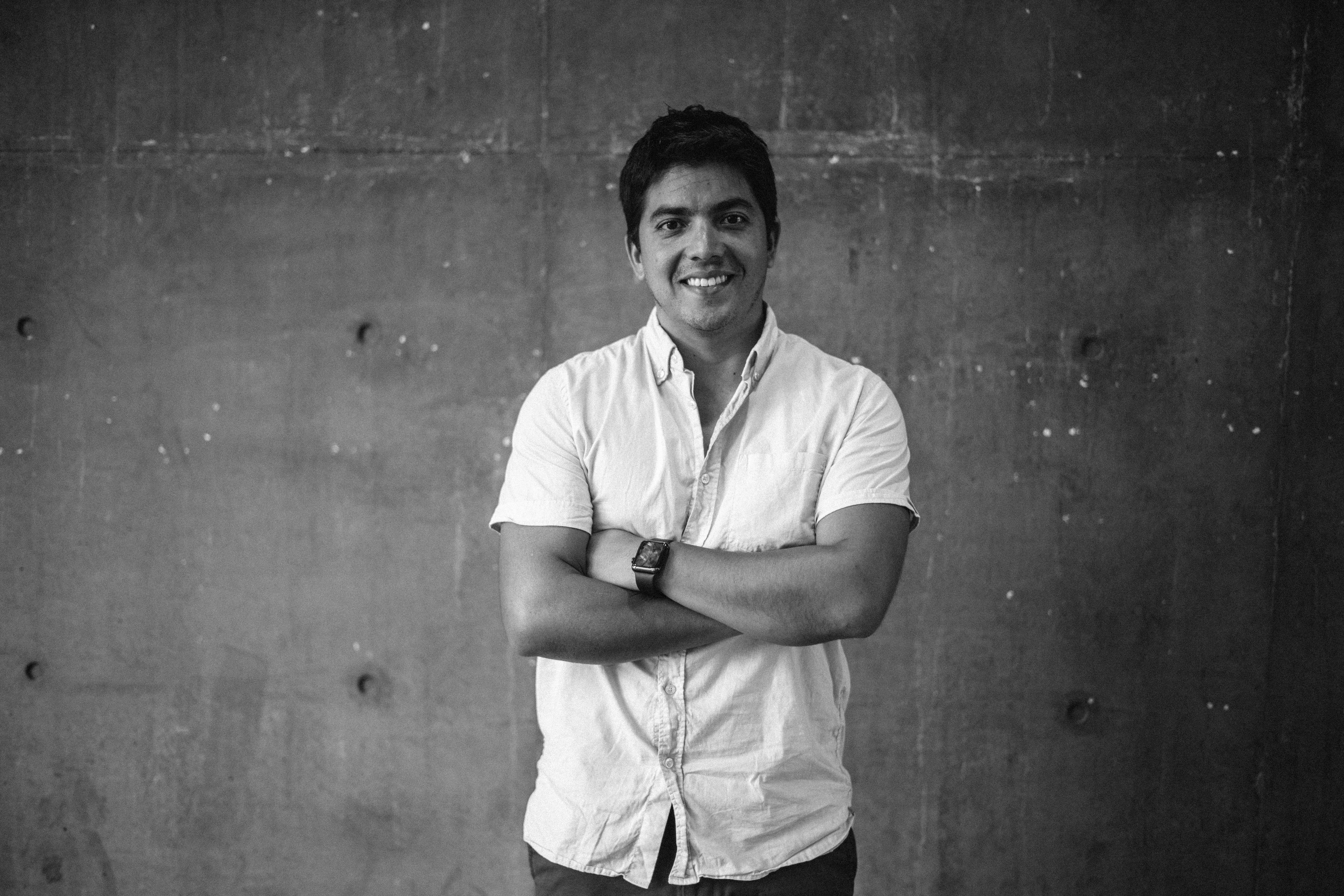
Regardless of your profession, one of the most important steps to becoming a better decision maker is knowing how to quantify uncertainty. That applies if you are a scientist, a poker player or a business leader. And while it is not unusual to apply probabilistic approaches to applications like robots or environmental monitoring - what is more challenging and potentially revolutionary is using similar strategies to more effectively fight crime or prevent bushfires. One of the leading thinkers in this field is Dr Roman Marchant, a lecturer and researcher in machine learning at the University of Sydney. I spoke with Marchant about his current research into developing new data science techniques to answer complex social questions such using AI for predictive policing and the implications for bias and discrimination.

